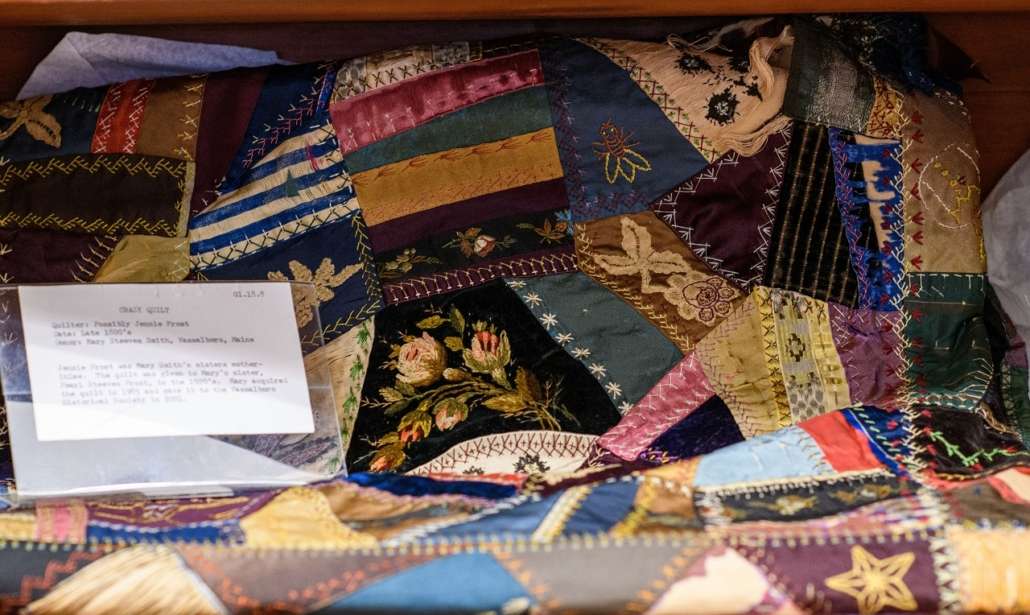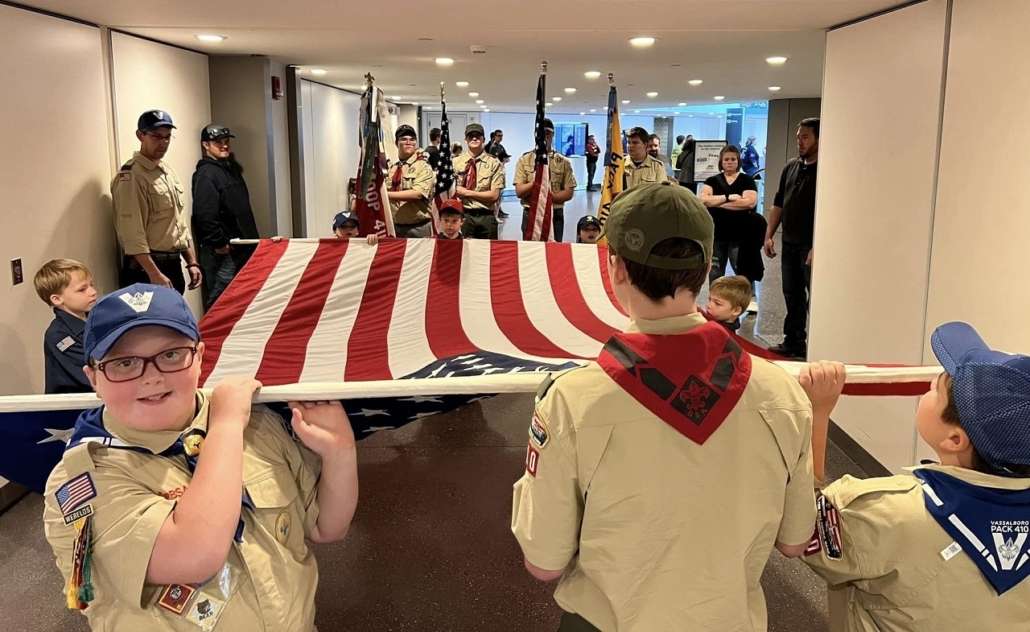
Southdown sheep.
This subseries began last week to talk about some of the central Kennebec Valley’s agricultural pioneers whom Samuel Boardman named in his chapter on agriculture in Henry Kingsbury’s Kennebec County history.
One was Rev. William Pitt Addison Dillingham, of Sidney, who was previously noticed in an introductory essay on agriculture in the March 18, 2021, issue of The Town Line.
Dillingham (Sept. 4, 1824 – April 22, 1871) was primarily a minister, mostly in the Universalist church. Sidney historian Alice L. Hammond wrote that one of his posts was with the Sidney First Universalist Society, of which his father-in-law, Dodavah or Dodivah Townsend (June 4, 1775 – Dec. 4, 1852; one of Sidney’s early settlers), was among the organizers in June 1840.
Dillingham and his wife, Caroline Price Townsend (born May 25, 1817), owned a farm that Hammond said was called Fairview Farm and was also the home of Caroline’s father.
(The 1879 map of Sidney shows no Dillingham property. There is a D. Townsend house, on the north side of Bartlett Road, closer to Tiffany Road than to Pond Road. The 1856 map shows the same D. Townsend property.)
Hammond wrote that Dillingham brought two sheep breeds, Oxford Downs and Southdowns, to Sidney in 1858.

Oxford Downs sheep.
The Southdown, according to Wikipedia, is the smallest of British sheep breeds “and the basis of the whole Down group of breeds.” Southdowns were first bred in East Sussex, England, around 1800, for both wool and meat.
Boardman said it was Charles Vaughan, of Hallowell, who brought the first Southdowns into Maine, in 1834.
Wikipedia says Oxford Downs were bred in Oxfordshire (hence the name) in the 1830s, by cross-breeding Cotswold rams with Southdown and Hampshire Down ewes. The result is a large sheep with short white wool and “a large, meaty carcass,” making it a breed raised primarily for meat.
C. K. Sawtelle also raised sheep in Sidney, according to Hammond and Boardman.
Boardman called cattle – cows and oxen – “the real basis of successful agriculture.” He again credited Benjamin and Charles Vaughan for importing valuable breeds that got the Kennebec Valley off to a good start.
Soon, however, interest waned, and herds began to deteriorate, Boardman wrote. Among a new generation of farmers who “took up the responsibility of obtaining high priced registered stock from abroad, or improving the best of that which remained” in the 1830s and 1840s, he named Luther and Bradford Sawtelle, of Sidney.
The index to Hammond’s history has almost two pages of Sawtelles, from Abbie Z. to Zypporah, plus a column of Sawtells; and there is a multi-page summary genealogy. Kingsbury explained that an early Pond Road settler named Moses Sawtelle had seven sons and was distantly related to another settler named John Sawtelle: “This accounts for the frequency of the name in Sidney.”
Luther Sawtelle (Aug. 7, 1800 – June 25, 1872) and Bradford Jorel Sawtelle (May 18, 1811 – Nov. 12, 1897) were sons of John and Thankful (Robbins) Sawtelle. When Kingsbury wrote his history in 1892, he said Luther’s oldest son, Ambrose, was living on the family homestead, a farm Luther bought in 1824 called Pleasant Plain Farm, and Bradford (by then in his early 80s) was farming part of it.

Summer Sweet apple.
Hammond listed apples, hay and potatoes as other important products of Sidney farms. Hay, she pointed out, was a common export from much of Maine to cities in Massachusetts while horse-drawn transport prevailed. In 1850 she found that Sidney “produced more than 5,700 tons of hay.”
Apples were the “second largest crop” in Sidney in the first half of the 1800s. Farmers planted apple trees “along stone walls or together in clumps on less desirable land” that wasn’t as good for raising hay. Early varieties included Baldwin, Ben Davis and Stark.
Hammond named Sidney farmer Paul Bailey as an experimental apple breeder, “originating a variety named Bailey’s Golden Sweet.”
An on-line source called Out on a Limb Apples recognizes another Sidney-bred apple: Ichabod Thomas created the Summer Sweet around the year 1800. It’s described as a yellow apple with “a beautiful golden apricot-orange blush” and usually “apricot around the stem area.”
The Summer Sweet is “medium-small,” about two inches in diameter, firm-fleshed, with “a mild sweet flavor, best for fresh eating or sauce. It makes a thick, creamy, tropical-flavored sauce—with hints of banana and pineapple —that takes a while to cook down and may need some added water to keep it from burning to the bottom of the pot.”
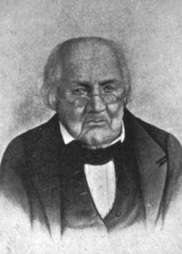
Ichabod Thomas
On-line sources say that Ichabod Thomas (March 14, 1758 – Feb. 25, 1845) was born in Marshfield, Massachusetts. He was a Revolutionary War veteran, having served almost a year in two different regiments. Moving to Maine, on March 10, 1791, he married Mehitable Crosby (Sept. 16, 1767 – April 26, 1842) in Winslow; she was from Albion.
The couple had seven children between 1791 and 1805. The oldest was born in Vassalboro, before Sidney became a separate town on Jan. 20, 1792.
Thomas was a respected citizen, according to records Hammond found and another on line. She identified him as Sidney’s first town clerk, elected at the first town meeting. An on-line record says he held the office two later years, and was a selectman for five years and town treasurer for two non-successive terms.
He and Mehitable died in Brownville, Maine, and are buried in Brownville Village Cemetery with his mother, Eleanor (Mrs. Joseph) Thomas, who died in June 1823 aged almost 96.
Other Sidney residents were apple growers, on various scales. In 1876, Hammond said, the largest apple orchard in Kennebec County was the Bowman brothers’ on Middle Road, which had 75,000 trees.
Hammond wrote that Sidney’s apple crop became less important after the mid-1800s, “as the original trees grew old and there were few new plantings.”
Sweet corn was “a major crop for a good many years” in Sidney, Hammond said. She credited Isaac Winslow, “of Vassalboro,” with learning how to process food while he was in France “on naval duty” and starting a canning factory “around 1840.”
Sweet corn, Hammond wrote, was well suited to less specialized farms: “It provided a cash crop, utilized the farm manure, produced cattle forage, and used family labor….”
It was in 1850 that the railroad along the east bank of the Kennebec River first reached Waterville, Hammond wrote, expanding markets for up-river farmers. Sidney farmers ferried crops to railheads in Riverside and North Vassalboro while the water was open.
In winter, “they risked their lives, teams, and loads to venture across the ice. Many stories have been told of the close calls they had and of the not-so-fortunate who went through the ice.”
Isaac Winslow and corn canning
An on-line account says a Frenchman, Nicolas Appert, invented canning vegetables as a method of preserving food in 1809, thereby earning a reward offered by the Emperor Napoleon as he sought to feed the French Navy. The process was quickly brought to England and America.
For sweet corn, the process consisted of taking the kernels off the cob; putting them in a glass bottle (originally) or a can; heating them to kill bacteria; and sealing the container. First done by hand, it was soon mechanized.
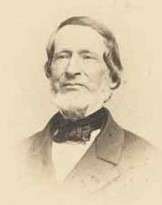
Isaac Winslow
Another on-line site, a Warren County, Ohio, web page, says: “Isaac Winslow is believed to have been the first to successfully can sugar corn for market. He made his experiments in 1842, and applied for a patent which was not granted until 1863.”
Isaac Winslow is mentioned in Alice Bibber’s 1989 paper titled Nearly All in the Family: Nathan Winslow and His Family Network, published in Vol. 28 of Maine History and available online through the University of Maine’s Digital Commons.
Bibber’s focus was on the extended family that assisted Isaac’s older brother, Nathan Winslow (born in March 1785), a Portland-based inventor and merchant whom she credits with “launching the first corn-canning operation in the United States.”
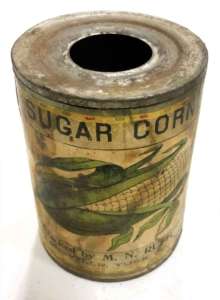
Canned corn from 1800s.
She added, “Although twentieth-century historians credit Isaac with being the first person to preserve corn in tin cans, at least one contemporary who talked with Nathan Winslow about the business stated that the latter had made the experiments.”
Bibber mentioned Isaac as sailing to Le Havre, France, in 1818, not in the Navy but on a family whaling ship; and taking his ill sister-in-law, Nathan’s wife, to Madeira in 1842, where she died early in 1843.
“Some time earlier,” Bibber wrote, “Isaac Winslow had returned home with information about a French method of preserving food in sealed cans.” Nathan and Isaac decided to try it; Bibber wrote they used as “a base of operations” the family farm, which was apparently in Falmouth.
A factory was set up in 1852. When patents were issued in 1862, Bibber wrote, they were in Isaac Winslow’s name, but “assigned to” Nathan’s nephew, John Winslow Jones.
Bibber mentioned Vassalboro once: after Isaac’s father married Lydia Hacker, from Massachusetts, his wife’s family moved to Brunswick and “made marriage ties with a Vassalboro family.”
There is one more possible connection: the Winslows were Quakers, and Vassalboro and China had relatively large numbers of Quakers. However, your writer found no evidence confirming Alice Hammond’s statement that Isaac Winslow lived in Vassalboro.
Main sources
Hammond, Alice, History of Sidney Maine 1792-1992 (1992).
Kingsbury, Henry D., ed., Illustrated History of Kennebec County Maine 1625-1892 (1892).
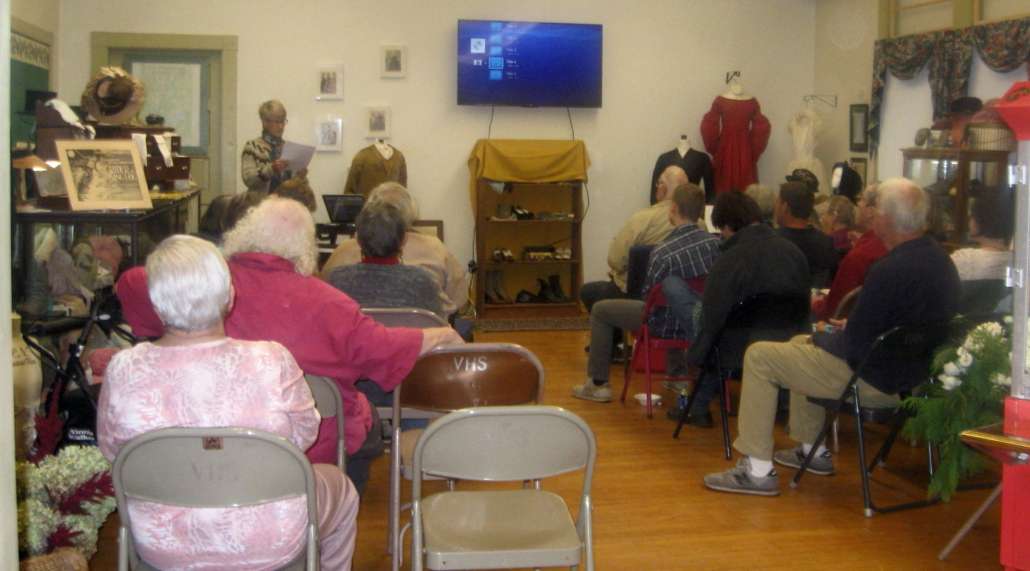


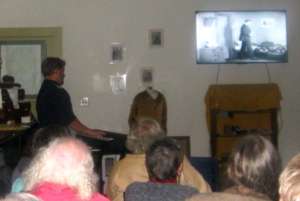
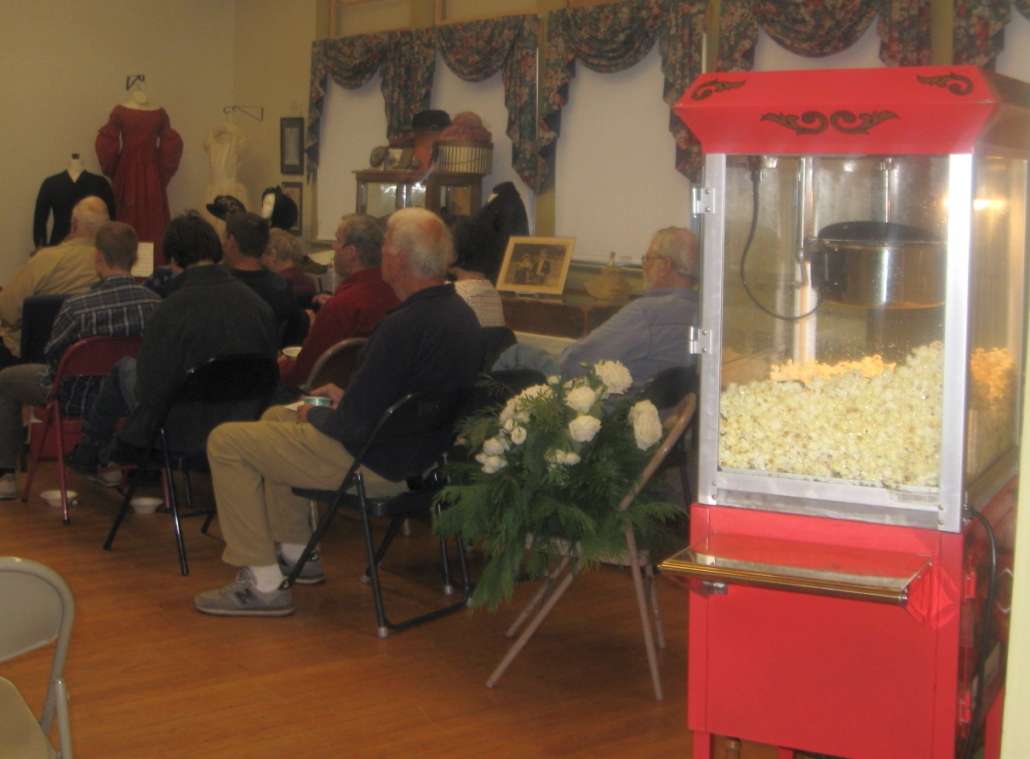
 Thanks to the
Thanks to the 

